Governance
Futurs-ACT governance composition
The governance of the Futurs-ACT regional research network is based around:
- an executive committee (9 researchers)
- an operations team:
- operations manager (Catherine Bogs)
- trainees (Masters 1 and 2 interns)
- a scientific council (8 members) composed of researchers from beyond the Nouvelle-Aquitaine Region (including European experts).
- a stakeholders council (14 members: elected officials, civil servants, scientists, representatives of economic actors, associations, etc. and associated scientists on a case-by-case basis): a forum to share perspectives on the orientation and progress made in research.
The network also interfaces with its member organisations and laboratories of Nouvelle-Aquitaine through:
- a trustees committee (15) comprising representatives of partner organisations,
- a laboratories committee, mobilising the research laboratory directors or their representatives.


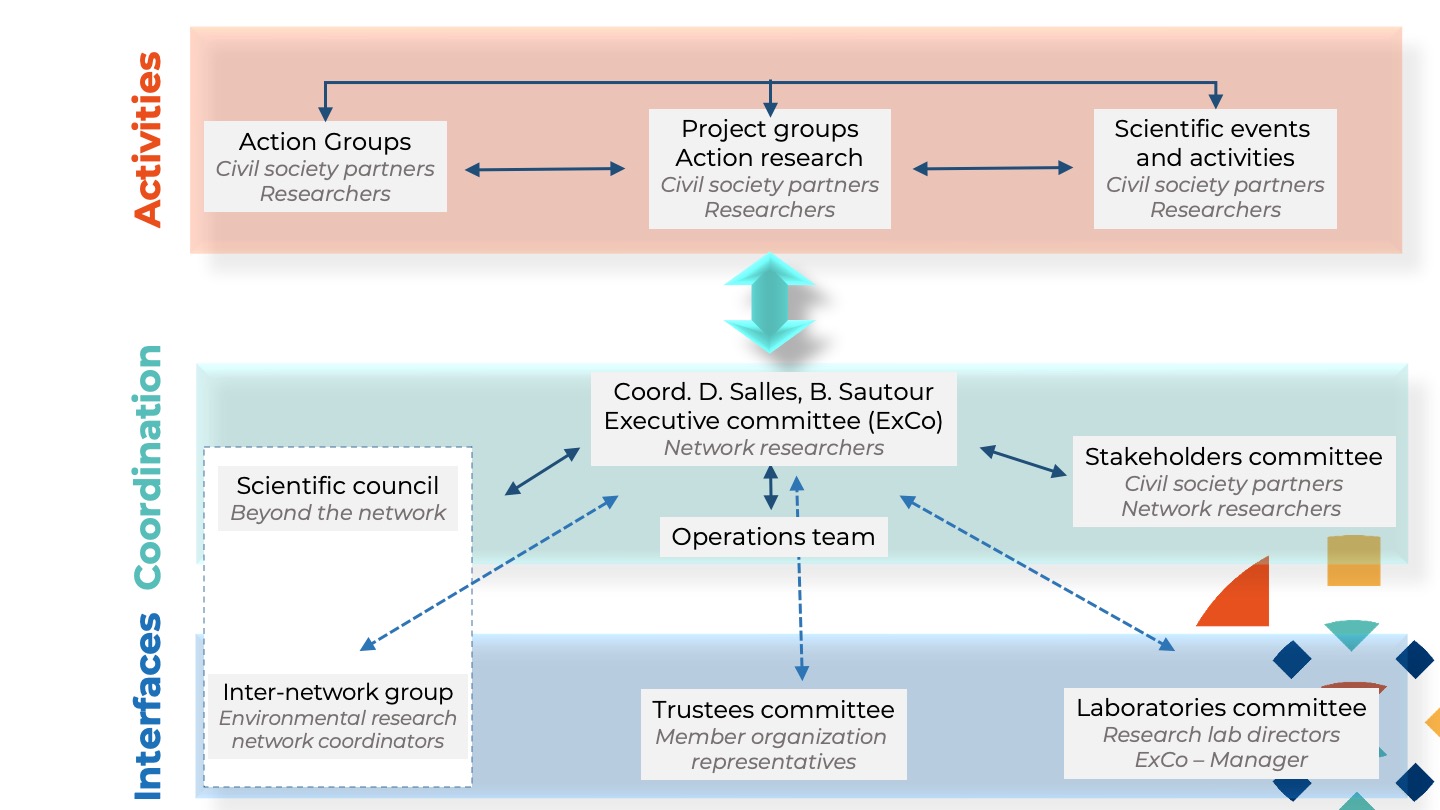
Executive committee
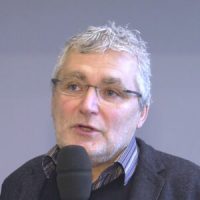
Professor at the University of Bordeaux in the EPOC Joint Research Unit “Oceanic and Continental Environments and Paleoenvironments”, specialised in the ecology of coastal systems. His teaching focuses mainly on biodiversity, climate, and the functioning of ecosystems.

Associate professor at the EBI laboratory (Ecology and Interaction Biology, CNRS) and head of the Organisms and Population Biology (BOP) department at the University of Poitiers. She is also in charge of the animation of the “Training – Vulgarisation – Sciences and Society” approach at the Biodiversity chair, at the University of Poitiers Foundation.

Associate professor at the PPRIME Institute (National Center for Scientific Research, CNRS) in energy with a specialisation in energy conversion and storage via the hydrogen vector. His teaching focuses on energy and climate issues at the ENSI Poitiers engineering school.
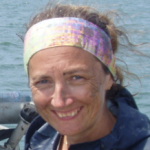
Researcher in the ecology of fishery resources at the French National Research Institute for Ocean Science (IFREMER). She works on the ecology of exploited populations in connection with the study of fisheries and the environment, focusing in particular on coastal species (clam, red mullet) of the Bay of Biscay.
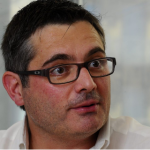
Associate professor at the Institute of Education (INSPÉ) in the Bordeaux Academy. His areas of research include teaching curricula, programming and content, including education for sustainable development.
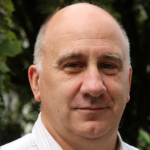
Senior researcher in conservation ecology at the National Research Institute for Agriculture, Food and the Environment (INARE) at the Nouvelle-Aquitaine Bordeaux center. His research are focusing on the impact of climate change on migratory fishes, such as european sturgeons and shads.

Director of studies of BUT (University Bachelor of Technology) Science and Engineering of Materials at the University of Bordeaux. His teaching is dedicated to ecoconception, life-cycle asessment, and mecanic engineering. He is also a contributor of the working-group “Training for environmental and social transitions” of the University of Bordeaux.
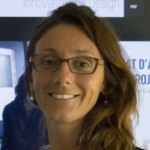
Associate professor in design at Bordeaux Montaigne University, member of the MICA research laboratory’s host team and researcher on delegation of the Potioc team (Inria Bordeaux). Her work focuses on the impact of action-research in design in the anticipation of our societies in the face of different risk situations (scenario, observables, weak signals and impacts, citizen involvement, decision support).

Associate Professor at the EPOC (Oceanic and Continental Environments and Palaeoenvironments) laboratory of the University of Bordeaux. (Paléo) oceanographer and (paléo)climatologist. She specializes in studying the evolution of environments in the North Atlantic sector and their reconstitution in the recent Quaternary with the use of fossil bio-indicators and sedimentological tools.
Team

Guillaume Quevillon has graduated in international agro-development at ISTOM school of engineering. A Right after his studies, he has worked as charge de mission Agriculture, Environment and Climate at Agence Français de Développement (AFD). His work at AFD was focused on technical follow-up and financial monitoring of agricultural and environmental projects financed by France. He then returned to France to work with the NGO Agriculteur Francais pour le Développement International (Afdi). In this role, he was responsible for managing 3 partnerships, of which two involved strengthening two agricultural sectors and the third aimed to promote and disseminate agro-ecological practices. It was his convictions, particularly his ecological convictions, that prompted him to move to France and leave the field of international solidarity to focus on environmental issues.

Priyanka has worked with NGOs in India for 5 years and has recently started as an Intern as a part of her professional training course in project management in International and local solidarity at IFAID. Having volunteered with different NGOs in the domain of the environment and part of consortium mitigating climate change in India, she has been quite invested in the same. At Futurs-ACT, she engages in website translation, explores potentiel international stakeholders and project “atelier recherche étudiant.e.s” to co-construct research projects with students.

Erwan LE GAC
Erwan Le Gac is an intern in communication at R3 Futurs-ACT. A first-year master’s student in science and technology mediation and communication at the University of Bordeaux Montaigne, he contributes to the network’s communication efforts. His responsibilities include writing newsletters, designing the website and articles, and organizing the “Vulnerability” action group. He is also responsible for the communication of Tremplin Futurs-ACT 2024, the annual event of R3.

Intern during her master’s in design innovation, service, and interaction. She is in charge of the anticipation project and is responsible for developing mediation tools for our meetings with partners.
Alumni
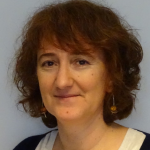
Former member of executive committee. Associate professor in geography at the University of Pau and Pays de l’Adour.
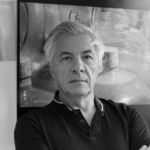
Former Co-Director of Futurs-ACT. Senior researcher at the National Research Institute for Agriculture, Food and the Environment (INRAE) at the Nouvelle-Aquitaine Bordeaux Centre.










